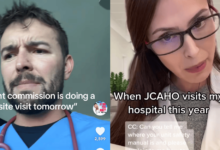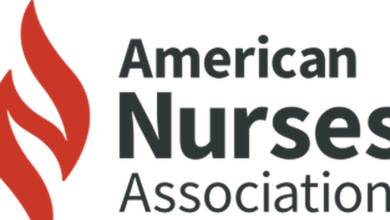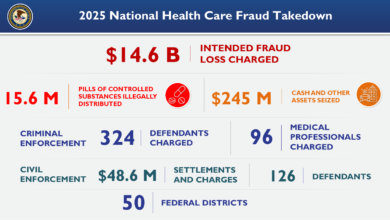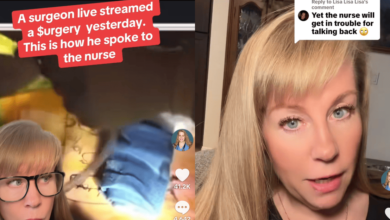Public health grant ‘blow’ to essential nursing services

Local authorities have warned that they have “limited resources” to maintain public health nursing services over the next year, following the government’s below-inflation public health grant announcement for 2024-25.
Public health minister Andrea Leadsom confirmed yesterday that councils across England would receive a 2% uplift this year, increasing the grant to £3.6bn.
“Today’s public health grant settlement is a huge disappointment”
Alison Morton
Currently, the majority of everyday spending on public health comes via this ring-fenced public health grant, given from central governments to local authorities.
In a written statement, Ms Leadsom said: “Funding for local government’s health responsibilities is an essential element of our commitment to invest in preventing ill health, promoting healthier lives and addressing health disparities, and an important complement to our investment in both health and social care.”
She explained that the allocations were part of a “wider package of investment” in public health services, including £70m per year for local authority led stop smoking services, £516m to improve drug and alcohol addiction treatment and £170m to improve Start for Life services.
“This overall package will deliver a real terms increase of more than 4% over the two years 2023-24 and 2024-25,” said Ms Leadsom.
However, health leaders and local councils have warned that the funding is not enough to cover essential services, including community nursing, health visiting and sexual health.
Chairman of the Local Government Association’s community wellbeing board, David Fothergill, said: “Although any real terms increase is positive news, this settlement continues to leave local public health teams with limited resources to maintain essential services such as sexual health services and specialist community public health nursing for the next year.”
Mr Fothergill warned that public health teams had “faced an unprecedented period of pressures” and that funding levels had not kept pace with demand.
He argued that more funding was needed to ensure that councils “can continue to meet their statutory public health responsibilities”.
“An increased focus on prevention through an uplift to the public health grant is urgently needed, as well as a wider review of the adequacy of public health funding,” he said.
“This will support the government’s wider aims by improving health outcomes, reducing health spending and putting social care and the NHS on a better footing for the long term.”
Latest analysis from the LGA found that, in real terms, councils have seen a £858m reduction in their public health grant since 2015.
This was acknowledged by the Institute of Health Visiting (iHV), which warned that, over the same period, health visiting services had been scaled back and the workforce had been cut by more than 40%.
Alison Morton, the chief executive of the iHV, said: “Set against a backdrop of increased inflation, and increased pay, today’s public health grant settlement is a huge disappointment.
“It is nowhere near enough to deliver the government’s own blueprint for health visiting and represents another cut to funding and a blow to services.”

Alison Morton
Ms Morton argued that the grant announcement should be viewed in the context of “growing pressures on services”, noting the more families were struggling with poverty and vulnerability which had increased demand for health visitors.
She added: “Cutting vital health visiting services is a false economy as we know that early intervention can make such a difference to a child’s outcomes and is much cheaper in the long run.
“We need to act now to turn policy rhetoric on prevention into action – today’s announcement sadly represents another wasted opportunity to turn this situation around.”
NHS leaders have also warned that this week’s funding allocation may not go far enough.
The deputy chief executive of NHS Providers, Saffron Cordery, said: “Much more funding is needed if we are going to reverse the effects of years of public health funding cuts, which have critically undermined local government efforts to improve the health and wellbeing of their communities and added to the strain on the NHS.”
Meanwhile, director of policy at the NHS Confederation, Dr Layla McCay, warned that the current funding pressures across local government was leaving services “unable to offer care packages to help people move out of hospital”.
She added: “Public health, [tackling] health inequalities and improving prevention are huge priorities for integrated care systems (ICSs).
“Local authorities are key partners in this, and we will not be able to reap the massive opportunities ICSs offer to improve population health without properly funded public health services.”






